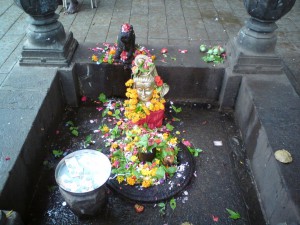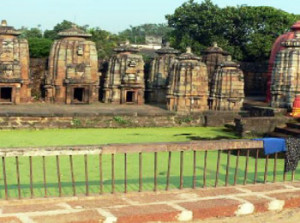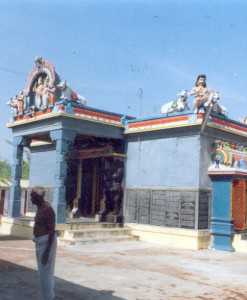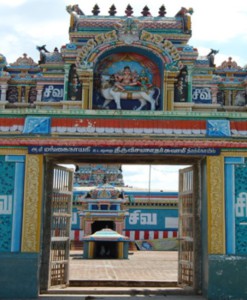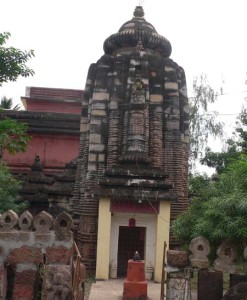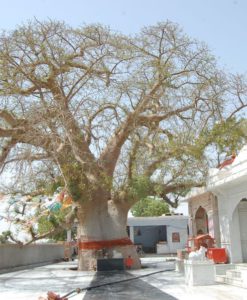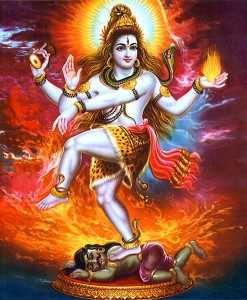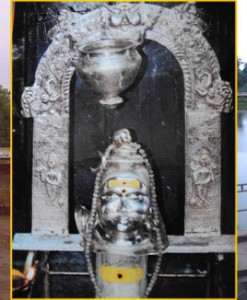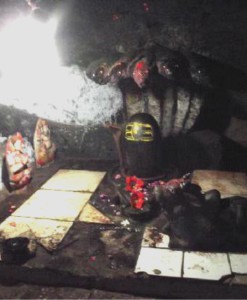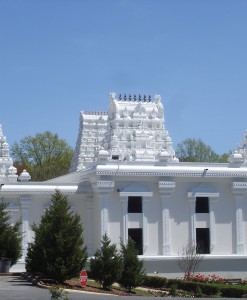No products in the cart.
Astasambhu Shiva Temples are a collection of 8 Hindu temples dedicated to Lord Shiva located in Bhubaneswar, the capital of Orissa, India. A small temple is dedicated to Lord Shiva located in Tiadi Sahi of Puri. In local language ‘Asta’ means ‘Eight’ and ‘Sambhu is another name of Lord Shiva.
Astasambhu temple houses a cluster of eight Shiva Lingas made of precious stones. Each one of them is of a different colour. Some are white while some are red and black. Thus they are very appealing to devotees. The Shiva Lingas appear to be in different colors when looked at from different directions. Due to the reflection of the sun their color changes. These eight Shiva Lingas are named after different names of Lord Shiva such as Markandeswar, Yajneswar, Nilakantheswara, Vilveswara, Kapalamochana, Baleswara, Isaneswara and Pataleswara.
Astasambhu Siva Temple, Orissa
- Temple History
- Legend
- Architecture
- How To Reach The Temple
- Daily Poojas And Festivals
- Video
- Additional Information
This temple, like other 7 temples of the Astasambhu temples was constructed in the 10th century AD. Dhenekal, the town in which the temple is situated currently, had the capital of Kualo or Karmula in the earlier days. The Kualo kingdom was then ruled by the shulki kings, who were the descendants of the Bahmukar generation of kings. Lord Shiva was the main deity of the Bahmukar kings; hence these temples came to be addressed as the Asta sambhu temples.
This is another ancient temple connected with the Puri kings. It is said that Asta Sambhu cured once the ancient king from a fatal disease. As per the legend, the Shivalingas here are ones that were captured when the kings defeated opposing kingdoms. The Asta sambhu temple is a small temple on the campus of the Sri Sri Radha Rasik Raj temple. These are the family deities of Maharaja Prataprarudra and were worshiped even before the time of Sri Chaitanya Mahaprabhu. Also in this temple are Gaura Nitai deities that were personally installed by Maharaja Prataprarudra.
Like all the other Astasambhu temples, this also belongs to the Kalinga architectural style. The basic material used for building is grey sandstone and dry masonry was the technique used here similar to the Astasambhu temple VI. This temple contains a vimana and a porch facing the front side. The vimana has a measurement of 2.20m X 1.90m. The porch alone measures up to 0.41m.
When elevated, the vimana is 4.15m tall and it belongs to the Rekha order that contains the bada, gandi and mastaka. The characteristic feature of all Astasambhu temples, triangular bada, is found in this temple as well and it is 1.30m tall, out of which, the pabhaga measures 0.32m, jangha measures 0.68m and baranda measures 0.30m. The gandi measures 1.85m and the mastaka is 1m tall.
The parsvadevata corners located in the temple are totally vacant and measures 0.40m in length, 0.22m in breadth and 0.09m in depth. The highlight of this temple is that, here, the deities and the architectural style is simple and has no ornaments on it, making it look all the more serene and ancient. There are Udyota Simhas on all four sides in the middle of the raha paga. The doorjambs have no decoration on them and are 1.10m tall and 0.45m broad.
By Road: The temple of Astasambhu Shiva Temple is situated at Bhubaneswar in Orissa state of India. Bhubaneshwar is well connected to other major cities of the country via regular buses.
By Rail: It is well connected through nearest Bhubaneshwar railway station (49 km)
to major cities railway stations like Delhi, Agra, Mumbai, Chennai, Ajmer, Pali, Jaipur, Ahmedabad.
By Air: The nearest Airport is Bhubaneswar Airport (52 Km) which is well connected with regular domestic flights to Delhi, Mumbai.
Temple remains open from 6am to 9pm. During this period major rituals of Lord Shiva are performed. Mahashiva Ratri is celebrated at a grand scale in this temple. The months of September to November are perfect to visit this temple because, the climate is moderately cold, pleasant and perfect for enjoying the natural beauty. People, who want to enjoy the temple’s beauty and architecture calmly, should not visit the temple during the months of June or July because that is the time of the RathYatra, where the entire state of Orissa is crowded.
Tourists who visit this place must obviously visit all the 8 temples from outside at least, because most of the 8 temples are not functional now. The 8 main Shiva lingams that are found in these 8 temples are Kanakeswar, Swapneswar, Aisneswar, Kapileswar, Baidhyanatheswar, Baneswar and Lokanatheswar. The Ganesh temple in the vicinity is a huge attraction because of the rare position of the God.


